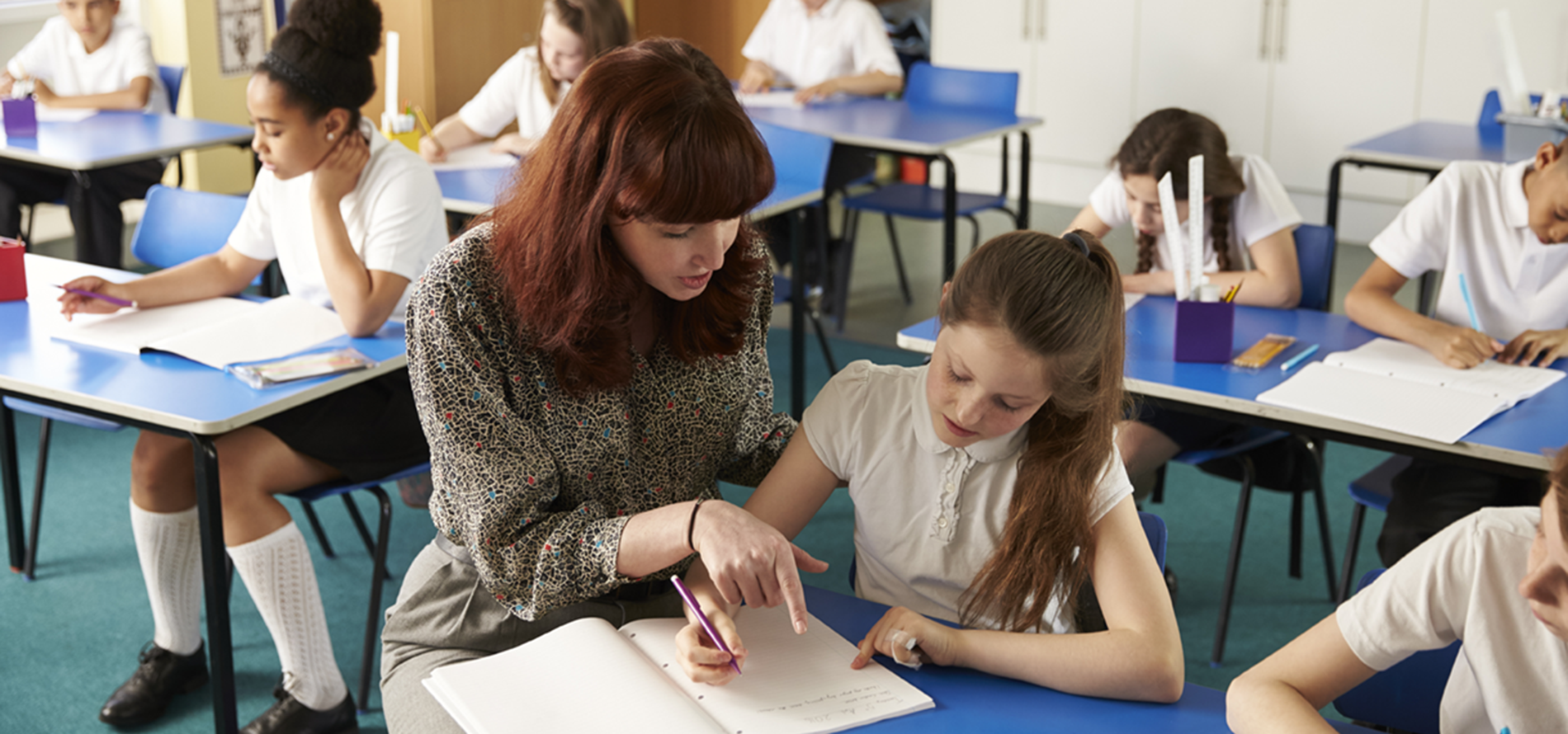- Blogs
- 2 Minute Read


The Headteachers’ Round table is an informed and engaged group of leading headteachers and advisors. Following their latest roundtable discussion on social media I was struck by a phrase used by Professor Becky Allen of the UCL Institute of Education – ‘the audit culture, where teachers have to prove learning to those outside of the classroom, is displacing a culture of trust.’ – clearly referring to the lack of substance in what a good lesson observation should be like. (https://twitter.com/annatreth/status/967021416318210048) It resonated with me because creating a culture of trust is a key goal that we all share at ONVU Learning and help foster with our schools.
But hang on a minute! Surely putting video cameras into classrooms goes totally against the idea of trust? What if senior leaders were to use footage to point out every incidence of off-task behaviour and ask you to ‘try harder’? What if they use it to fill in tick-list based observation sheets to prove your lessons and you as a teacher ‘require improvement’ or are ‘inadequate’ – despite all the strong and growing evidence that good lesson observations are not happening in this way?
That’s one of the first and most important issues we address when we talk to a school or training provider. We’re not there to enforce an ‘audit’ culture and we’ll walk away from any school that wants to take this “big brother” approach as it is doomed to failure. We’re there to make a positive difference to teachers and students and we know that to achieve this teachers must to be in control of footage of their classrooms – and to use it purely for evidence informed professional development.
One huge advantage of our ONVU Learning over other video technologies is that we make sure that our cameras are set up unobtrusively in a classroom and that they are scheduled record at appropriate lesson times – so that it becomes part of a teacher’s everyday teaching toolkit. Recording content becomes part of an everyday lesson – teachers and students behave and learn normally and there’s no pressure to deliver a great observed lesson.
Teachers can then select and review footage that meets their professional development needs – working with colleagues in their department, managers, SLT or external coaches as appropriate. If the issue is classroom management or lack of clear learning, they can look at the whole context of the issue, not the specific result. If they have tried something new – a different explanation of a challenging concept, or a new seating plan – they can see the immediate impact and zoom in to see how students are solving problems in writing or behaving when the teacher is facing in the other direction!
We encourage teachers to innovate and track progress through learning logs, creating evidence that they can use to show their professional development – something that can help them achieve Chartered Teacher status with the Chartered College of Teaching for example. https://chartered.college/chartered-teacher
Trust runs through everything else we do. As a former teacher I’ve seen far too much technology not used in the classroom because it fails to work at a critical point – or because it’s too complicated for a busy teacher to set up and use. So schools need to trust that it will work.

The School of the Future Guide is aimed at helping school leaders and teachers make informed choices when designing the learning environments of the future using existing and upcoming technologies, as they seek to prepare children for the rest of the 21st century – the result is a more efficient and competitive school.
KEEP IN TOUCH WITH ONVU LEARNING AND RECEIVE THE LATEST NEWS ON EDTECH, LESSON OBSERVATION, AND TEACHER TRAINING AND DEVELOPMENT.